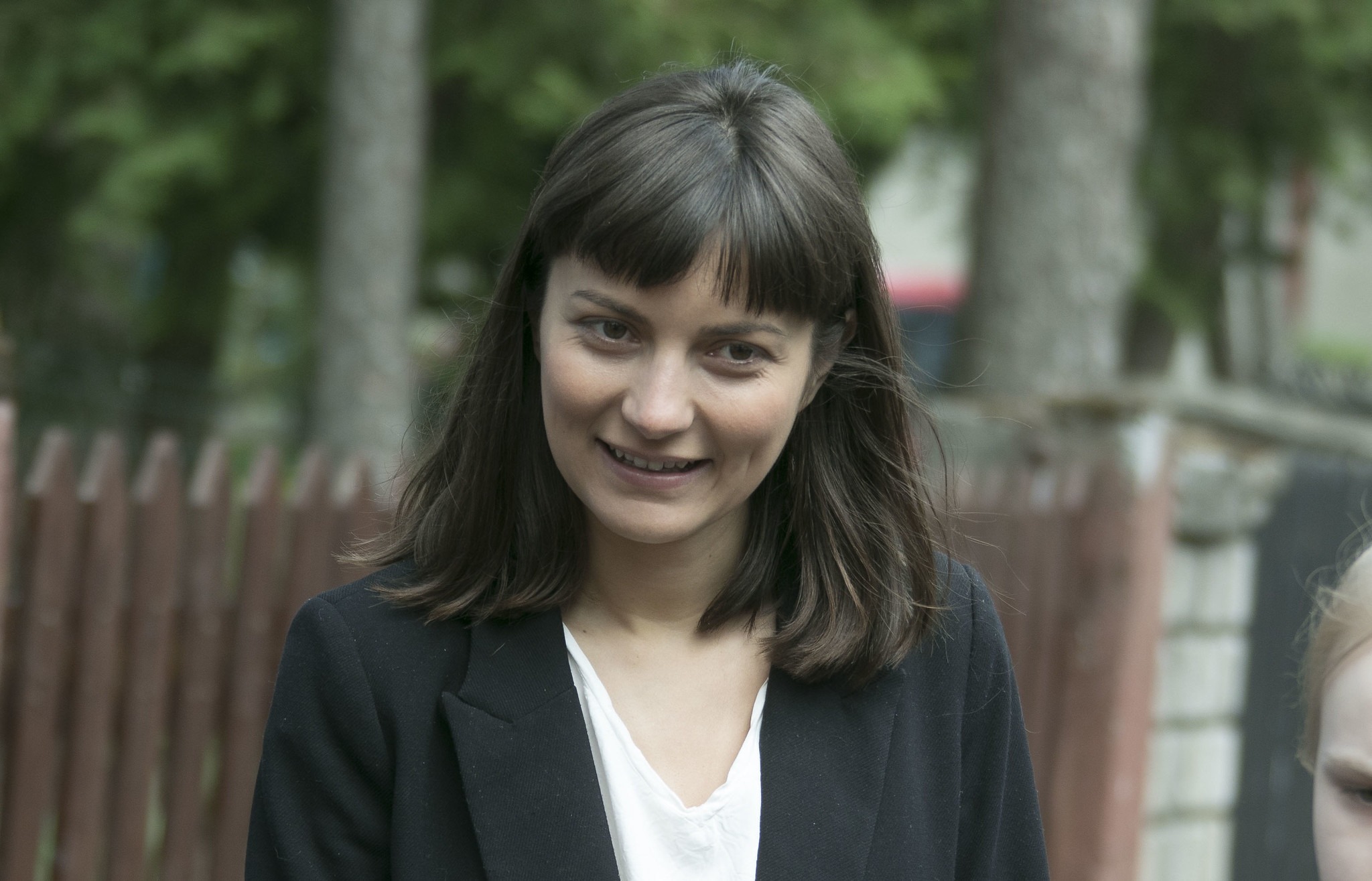
Key insights:
In March, pro-Kremlin commentators on social media attempted to manipulate public discourse in Estonia on the following topics:
- Trump’s impact on geopolitics and negotiations with Russia
- significant increase in defence spending
- domestic politics and changes in the ruling coalition
- alleged discrimination against Russian speakers and Orthodox believers
Overview of the Main Findings:
The negotiations with Russia and the announcement of a 30-day ceasefire in Ukraine brokered by Donald Trump and Vladimir Putin were met with scepticism in the Baltics, but many pro-Kremlin commentators on social media portrayed the ceasefire as a diplomatic success for Russia, suggesting that it demonstrated Russia’s commitment to peace and exposed divisions within NATO over the alliance’s stance towards Russia.
Estonia’s decision to increase defence spending was described by pro-Kremlin voices as an unnecessary provocation. Estonian Defence Minister Hanno Pevkur described the move as ‘historic’ and stressed the importance of increasing defence spending from around 3% to 5% of GDP to ensure Estonia’s security. Pro-Kremlin commentators argued that such actions escalate regional tensions, suggesting that Estonia’s military investments are disproportionate to any actual threat and serve primarily to justify NATO’s presence in the region.
Pro-Kremlin commentators highlighted internal political shifts to suggest instability within the Estonian government. They can interpret any change in government as a sign of internal discord and portray Estonia’s political landscape as fragmented and vulnerable to chaotic influence.
The Estonian parliament passed a law banning non-EU citizens and stateless persons from voting in local elections, mainly affecting Russian-speaking residents. The move was justified by the Estonian authorities as a measure to prevent potential Russian interference in local governance. Pro-Kremlin commentators condemned it as a discriminatory act against the Russian-speaking population, claiming that it marginalised a significant part of the Estonian population and violated democratic principles.
The Estonian Minister of the Interior proposed amendments to the Law on Churches and Religious Associations aimed at severing ties between local religious organisations and foreign entities considered a threat to national security. This initiative specifically targeted the Russian Orthodox Church in Estonia due to its affiliation with the Moscow Patriarchate. Pro-Kremlin voices denounced this as a violation of religious freedom and an attempt to suppress the cultural and spiritual rights of Orthodox believers in Estonia. Russian Foreign Ministry spokeswoman Maria Zakharova criticised these actions, claiming that they violated both the Estonian constitution and international commitments on religious freedom.
Story of the Month
One of the most significant events in March was the vote on two highly controversial bills that had sparked intense debate in recent months. On 26 March 2025, members of the Riigikogu voted overwhelmingly in favour of amendments to the Estonian Constitution in the third reading. According to the changes, only citizens of Estonia and other EU member states will have the right to vote in local elections. Holders of so-called “grey passports”, i.e. people without citizenship, will vote in the local elections for the last time in autumn 2025 and will then also be deprived of the right to vote. The amendments were supported by 93 MPs, with 7 MPs from the opposition Centre Party voting against. One MP – Varro Vooglaid of the right-wing populist conservative EKRE party – walked out of the meeting. He later explained that he felt this was not the right time for such changes.
The move did not go unnoticed by pro-Kremlin social media users. Most praised the Centre Party deputies, who were the only ones to vote against the changes and, according to commentators, “defend them from Russophobia”. However, the figure of Varro Vooglaid attracted even more attention from Russian-language social media users following the successful second reading of the Churches and Congregations Act, which stipulates that the Russian Orthodox Church in Estonia (which had been renamed for the Estonian Christian Orthodox Church by a court decision just days earlier) must completely sever all ties with the Moscow Patriarchate. Virtually every Russian-language social media group shared the text of Vooglaid’s speech during the parliamentary debate. In it, he strongly condemned the state’s attempt to interfere in church affairs: “Unfortunately, this bill is a real shame. It’s just a disgraceful story. What does it reveal? Dishonesty, intolerance, narrow-mindedness, an inferiority complex and pettiness. If this becomes the face of the Republic of Estonia, it will be hard to respect it.”
It is worth noting that Vooglaid holds right-wing conservative views and advocates “traditional values”, thus aligning itself, albeit unintentionally, with some pro-Kremlin narratives. Vooglaid is one of the founders of the Foundation for the Protection of Family and Tradition, and has been its chairman since 2011. He was also one of the leading figures in the campaign against the Cohabitation Act in Estonia. As a result, it is not inconceivable that part of the Russian-speaking electorate will turn to the populist ultra-conservatives of EKRE, providing a potential opportunity for Kremlin propaganda to exploit for its own purposes.









